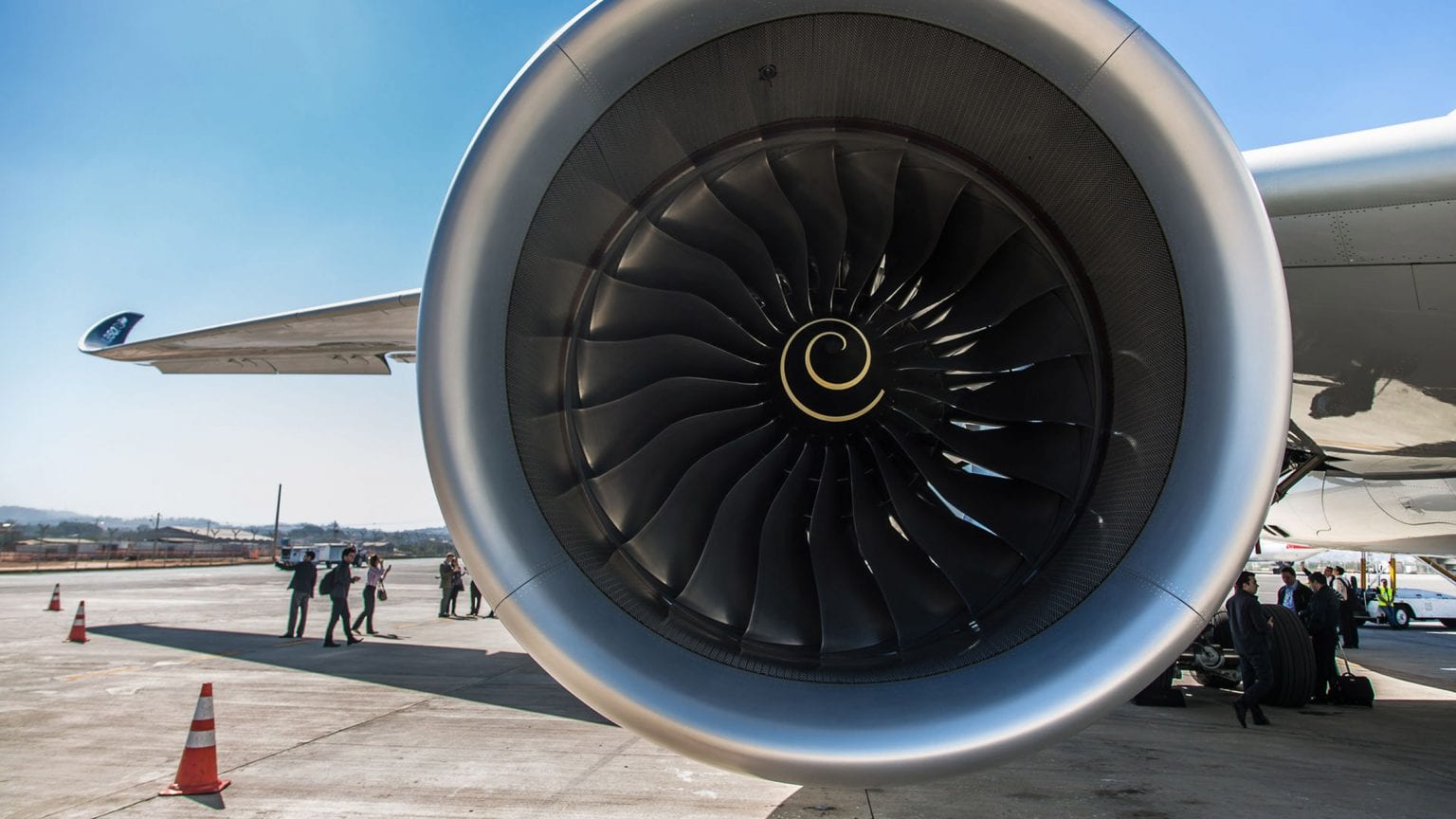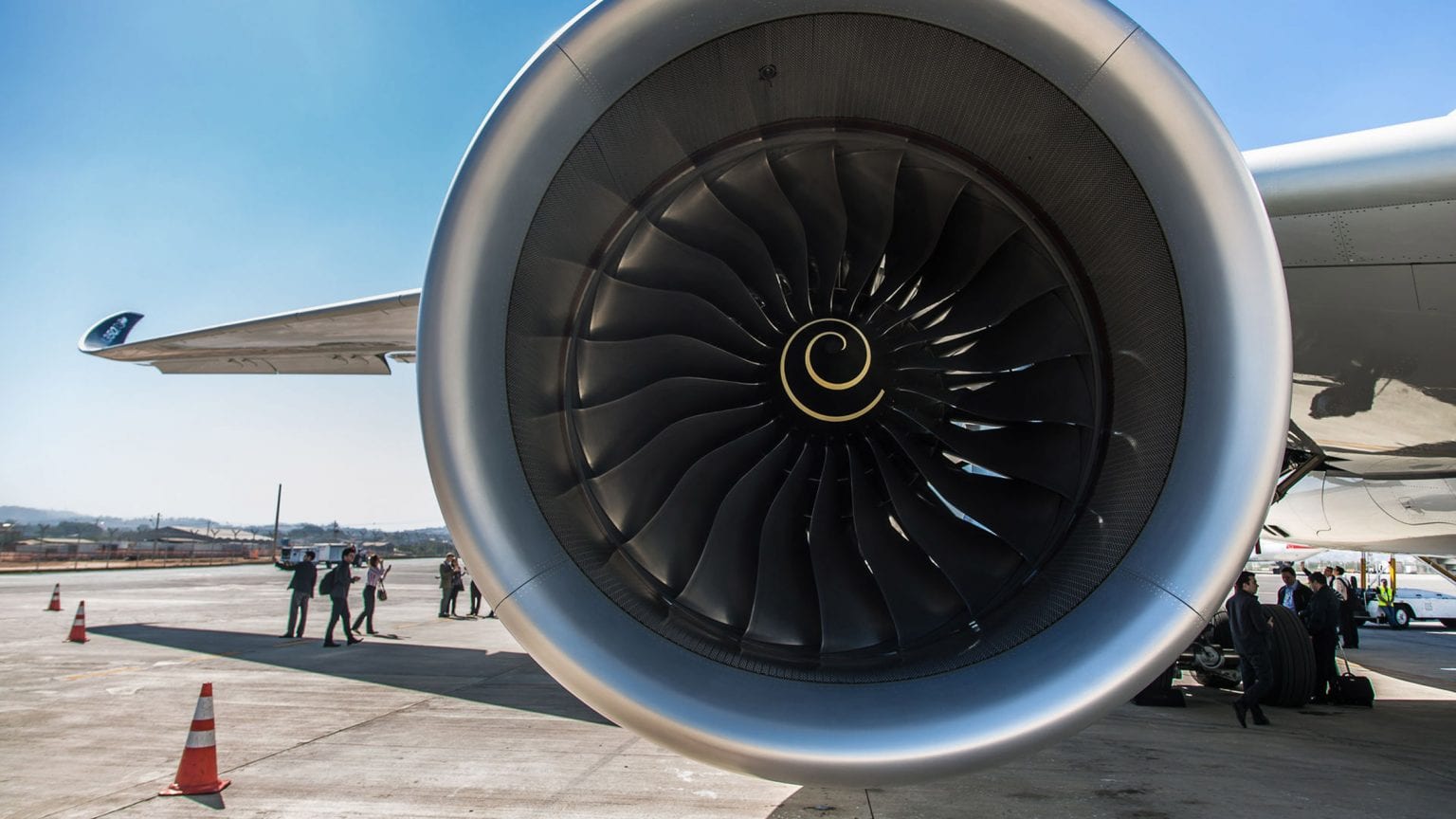The British company intends to reach net-zero emissions with their aircraft engines by 2050.
To achieve this goal, sustainable fuels will be introduced as early as 2023, which by 2030 will account for 10 percent of total fuel consumption according to their plans. The new fuel will not be from a fossil origin but based on food and forestry waste, as well as purpose-grown energy crops such as willow and algae. This type of biofuel, while costing five times as much as current propellants, has a key role in decarbonizing aviation.
Sustainable and traditional fuels can be blended, but only up to 50% biofuel content due to current regulations. Rolls Royce aims to raise this ratio to 100 percent. Their commitment is well demonstrated by their plans to invest 75% percent of their current research and development budget in this technology.

Aviation is one of the sectors where achieving carbon neutrality is extremely difficult: electric aircraft are only capable of short flights, as the batteries currently available are too heavy to provide ample energy for long-haul flights.
Source: Dezeen

East by MADA_Belgrade | 5 songs and 1 film that'll get you in the Belgrade mood

Wonderful observatories | TOP 5










